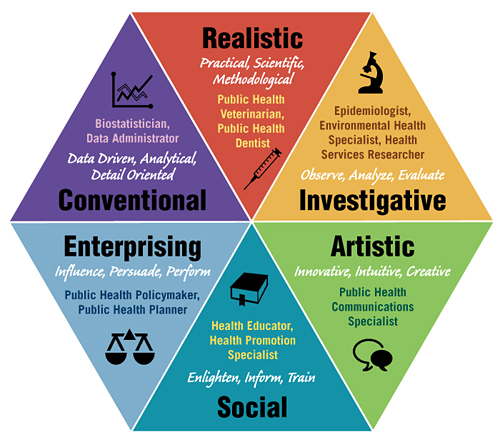Carrie Holler, a former HR executive for Rodale Inc. in Emmaus, PA, remembers a woman “who wanted to work for us in the worst way. She sent her resume to everyone from Mrs. Rodale on down, and she called us all several times a week.”
On paper, the woman wasn’t a good fit for the family-owned publishing firm. “Her resume didn’t have enough horsepower,” says Holler. Just to get the woman to quit bugging everyone, Holler invited her in for an informational interview. To Holler’s surprise, “She turned out to be so likeable and enthusiastic that I actually ended up hiring her,” Holler says with a smile.
Though that job seeker’s example might tempt you to follow her lead, don’t—she was the rarest of exceptions, says Holler. In fact, speed dialing a prospective employer and filling hirers’ inboxes with emails rarely pays off, whether you’re hoping for an interview or following up on one. Professionalism and strategic communications will serve you much better, says Karen Lippman, a managing director for Howard-Sloan-Koller Group, an executive search firm in New York City.














